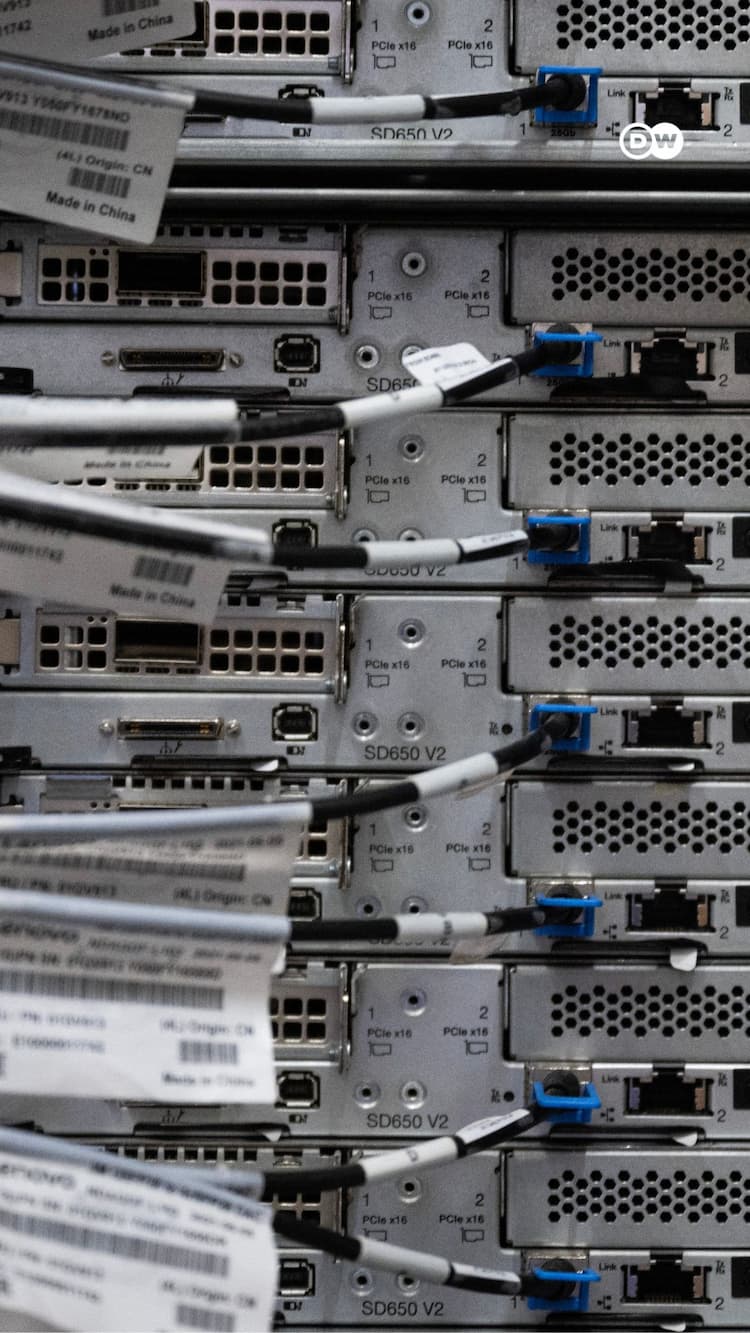Goodbye hard drives? This tiny crystal stores more data than your laptop!
Imagine ditching your bulky hard drives for a chip no bigger than a sugar cube. That’s exactly what researchers at the University of Chicago are working on—a revolutionary crystal-based storage system that could reshape the future of data.
Using rare-earth elements like praseodymium infused into yttrium oxide crystals, scientists discovered that they could manipulate subatomic particles to store massive amounts of information. The magic lies in the crystal’s imperfections—tiny atomic-scale gaps. These "pockets" can be zapped with a laser, turning them into 1s and 0s, just like the binary code your laptop uses to store files.
And here's the kicker—this method doesn’t just cram more data into less space. It’s stable, durable, and potentially far more energy efficient than anything we currently have. One millimetre of this material could store terabytes of data. Yes, terabytes—on something smaller than your pinky nail.
From radiation sensors to data disruptors
The project actually started as research into radiation detection. The crystals, when exposed to radiation, naturally absorbed and stored data about exposure levels. When researchers realised they could read and control this data using laser pulses, they saw an opportunity: what if this principle could apply to everyday digital storage?
The result is a method that doesn’t rely on bulky magnetic platters or fragile flash memory. Instead, it taps into quantum-like processes—technologies often seen as the next frontier in computing.
Are hard drives officially done?
Well, not quite. While this new crystal storage is promising, it's still in the experimental phase. Engineers need to figure out how to mass-produce these crystals, improve read/write speeds, and make them affordable for mainstream use. But the direction is clear: data storage is going microscopic, and the hard drive’s days might be numbered.
We’re entering an era where quantum mechanics is getting deeply enmeshed with consumer tech. And when your future laptop doesn’t even need a spinning disk or flash memory to store your photos, emails, and cat videos—you’ll know where it all started: a sugar cube-sized crystal with billions of memory cells.









